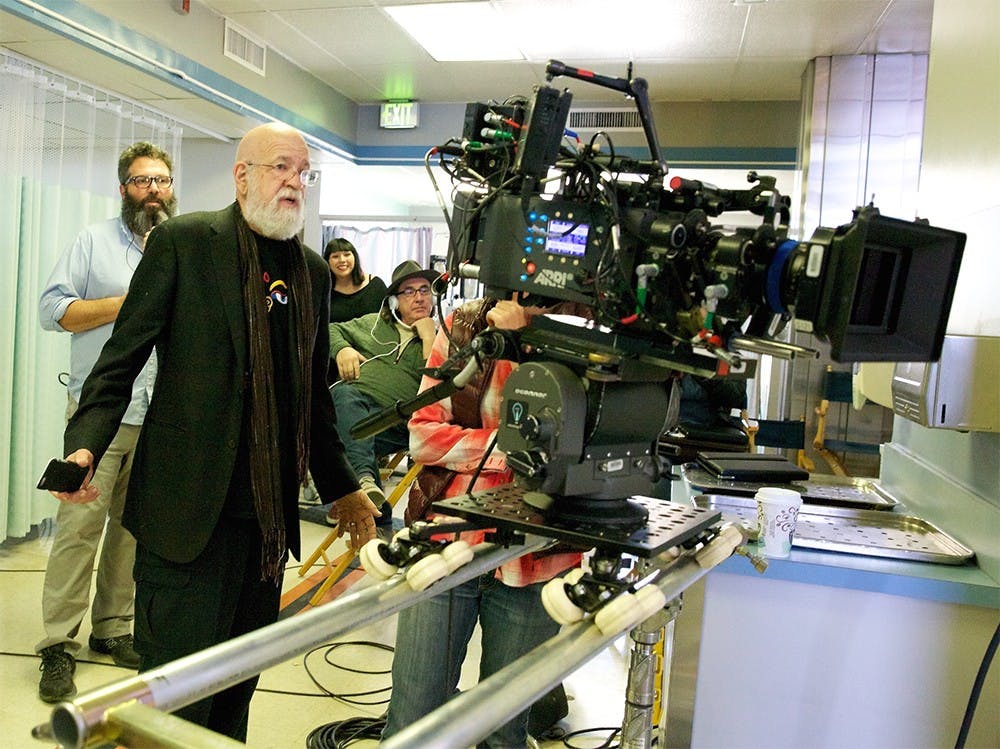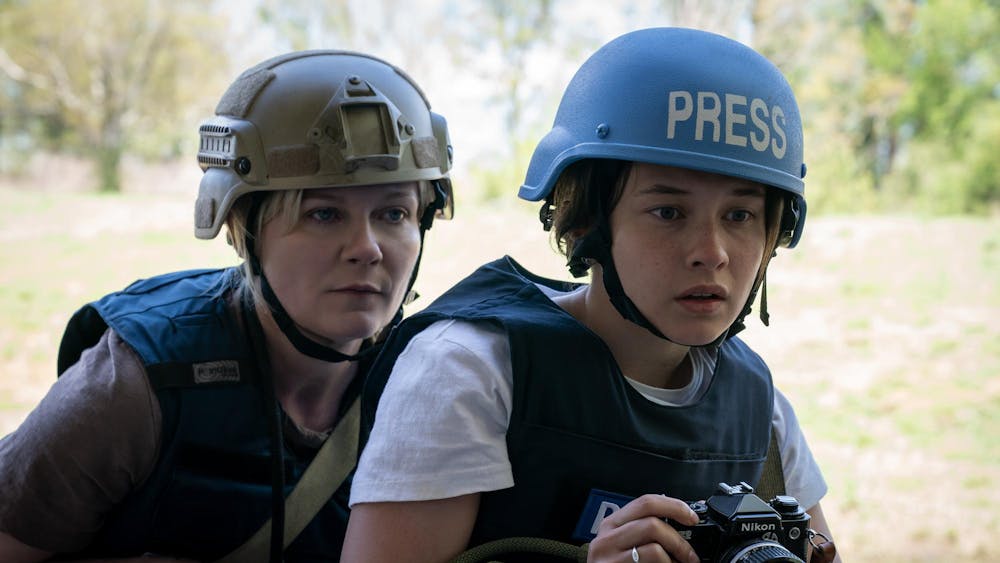After more than 40 years in the film industry, Jeremy Kagan said he is at the point in his life where he values teaching as both a way to pass on his knowledge and as a personal learning process.
Kagan, an internationally recognized director in both film and television, will hold a guest lecture as part of the Jorgensen Guest Filmmaker Lecture Series.
The lecture is titled “Keys to Directing: The Near Death and Life of Jeremy Kagan.” The first part of the title comes from the title of his latest e-book, “Keys to Directing,” Kagan said.
“I am in the process of writing a live book,” he said. “I use the word ‘live’ book because it is constantly changing. What makes it special, in terms of literally teaching people the craft of film directing, is that it has over 200 clips that are embedded within the document itself.”
Kagan is able to add and remove video clips whenever he wants, which keeps the e-book fresh and helps his readers learn the art of directing, he said.
The second half of the lecture’s title comes from Kagan’s 2013 memoir, “My Death: A Personal Guidebook.” After going through a near-death experience during a Native American sweat lodge ceremony, Kagan said his philosophy on life and death shifted.
“For me, this experience taught me that though your physical incarnation ends, your consciousness doesn’t,” he said. “You really don’t die and end, but you transform.”
Despite the title, Kagan said he thinks his lecture will revolve around his recent research with the University of Southern California’s Change Making Media Lab.
As a tenured professor at USC, Kagan said he has been working with the Change Making Media Lab to look at how media motivates behavioral change and awareness in audiences.
Specifically, he said the group is looking at what is more effective in promoting behavioral change: informational documentaries or narrative dramas.
“I was thinking that during this particular presentation, I’d show clips from two of our projects that reflect that issue, so the audience here can compare how this works in their own minds,” he said.
Kagan has been working in film and television since the 1970s, with notable directorial credits in 1977’s “Heroes,” 1978’s “The Big Fix” and 1981’s “The Chosen.” In 1996, Kagan won a Primetime Emmy for Outstanding Directing for a Drama Series for directing an episode of “Chicago Hope.”
Currently, Kagan said he is finishing up editing his latest feature film, “Shot,” which centers on three people affected by gun violence in America.
Through his prolific career, Kagan said all it takes to make a film is motivation. To motivate his students, he said he frequently asks them why they want to make films in the first place.
“We live in a time where the technology is immediately available,” he said. “If you have an iPhone and a computer, you can make a movie. If you really are serious about wanting to make moving images, go make moving images. You don’t have to be in Hollywood, you can do it anywhere.”
Beyond his Primetime Emmy, Kagan has won multiple awards from various film festivals, including the Montréal World Film Festival and the Paris Film Festival. Kagan has also served as the Artistic Director of Robert Redford’s Sundance Institute and has also been on the National Board of the Directors Guild of America.
Despite his various awards, Kagan said he does not define success as the number of awards he has won.
“We live in a society that stresses success as achievements that can be looked on metrically, that can be accounted,” he said. “I feel that the issue of success itself is a problem, because it always means you don’t have it. You’re going after it.”
Because of his philosophy on life and death, Kagan said he defines success as living in the moment.
“The question becomes, ‘Can you be truly present to appreciate the miracle of your life right now?’” he said. “That’s real success. For me, success is being able to experience the present so fully that you feel connected and radiating.”






